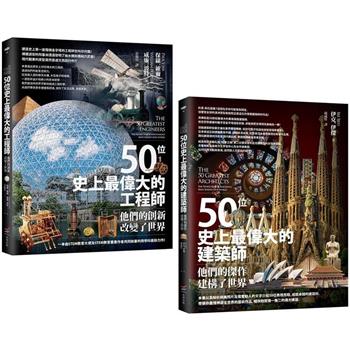We hear a lot about how agriculture affects climate change and other environmental issues, but we hear little about how these issues affect agriculture. When we look at both sides of the issues, we can develop better solutions for sustainable agriculture without adversely affecting the environment. Agroecology, Ecosystems, and Sustainability explores a modern vision of ecology and agricultural systems, so that crop production can be sustainably developed without further environmental degradation.
With contributions from experts from more than 20 countries, the book describes how to make the transition to modern agroecology to help the environment. It examines the global availability of natural resources and how agroecology could allow the world population to reach the goal of global sustainable ecological, agricultural, and food production systems. The book discusses important principles that regulate agroecological systems, including crop production, soil management, and environment preservation.
Making the link between theory and practices, the book includes examples of agroecology such as an interdisciplinary framework for the management of integrated production and conservation landscapes and the use of mechanized rain-fed farming and its ecological impact on drylands. An examination of how ecology and agriculture can be allied to ensure food production and security without threatening our environment, the text shows you how natural resources can be used in a manner to create a "symbiosis" to preserve ecological systems and develop agriculture.











